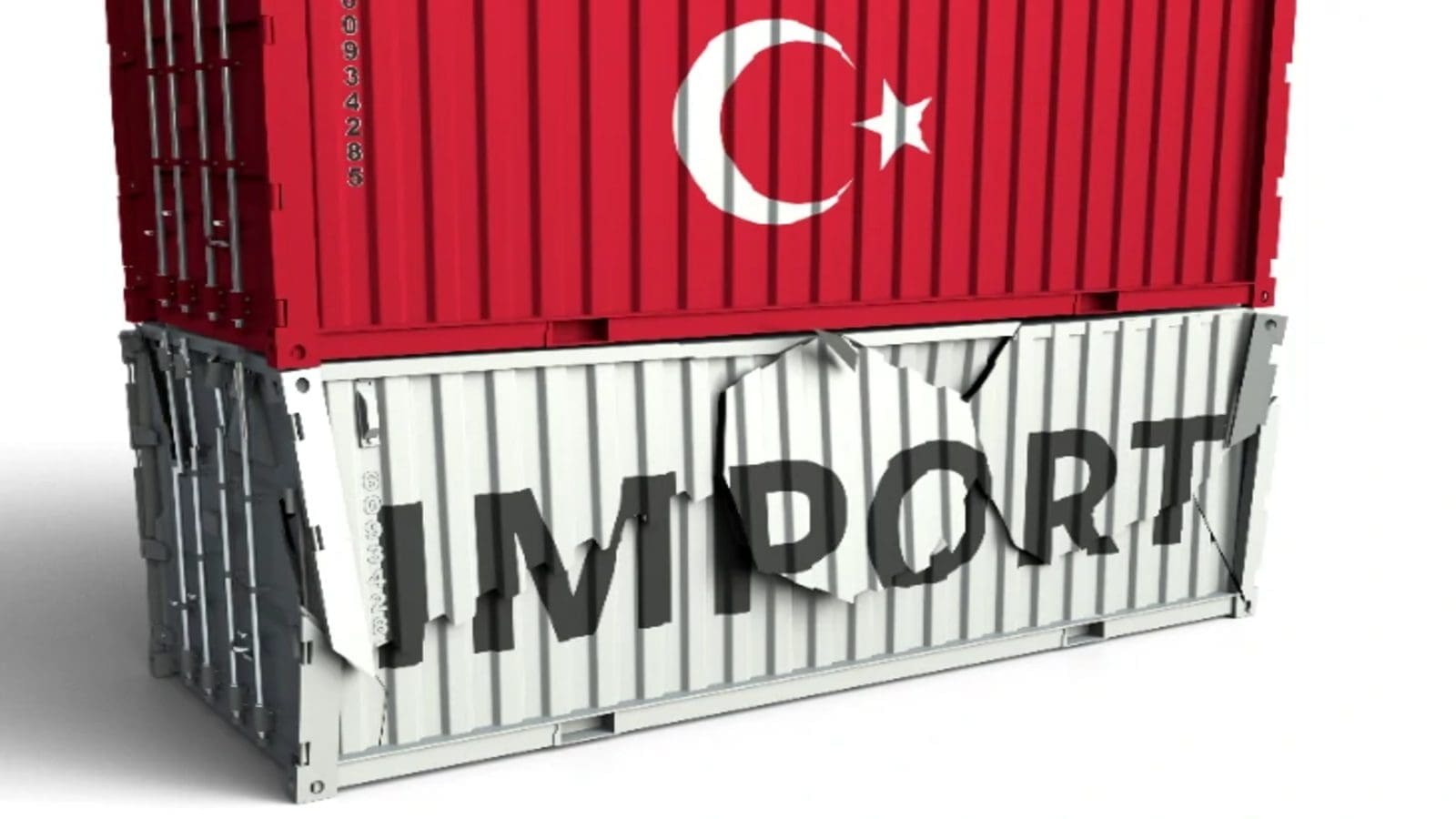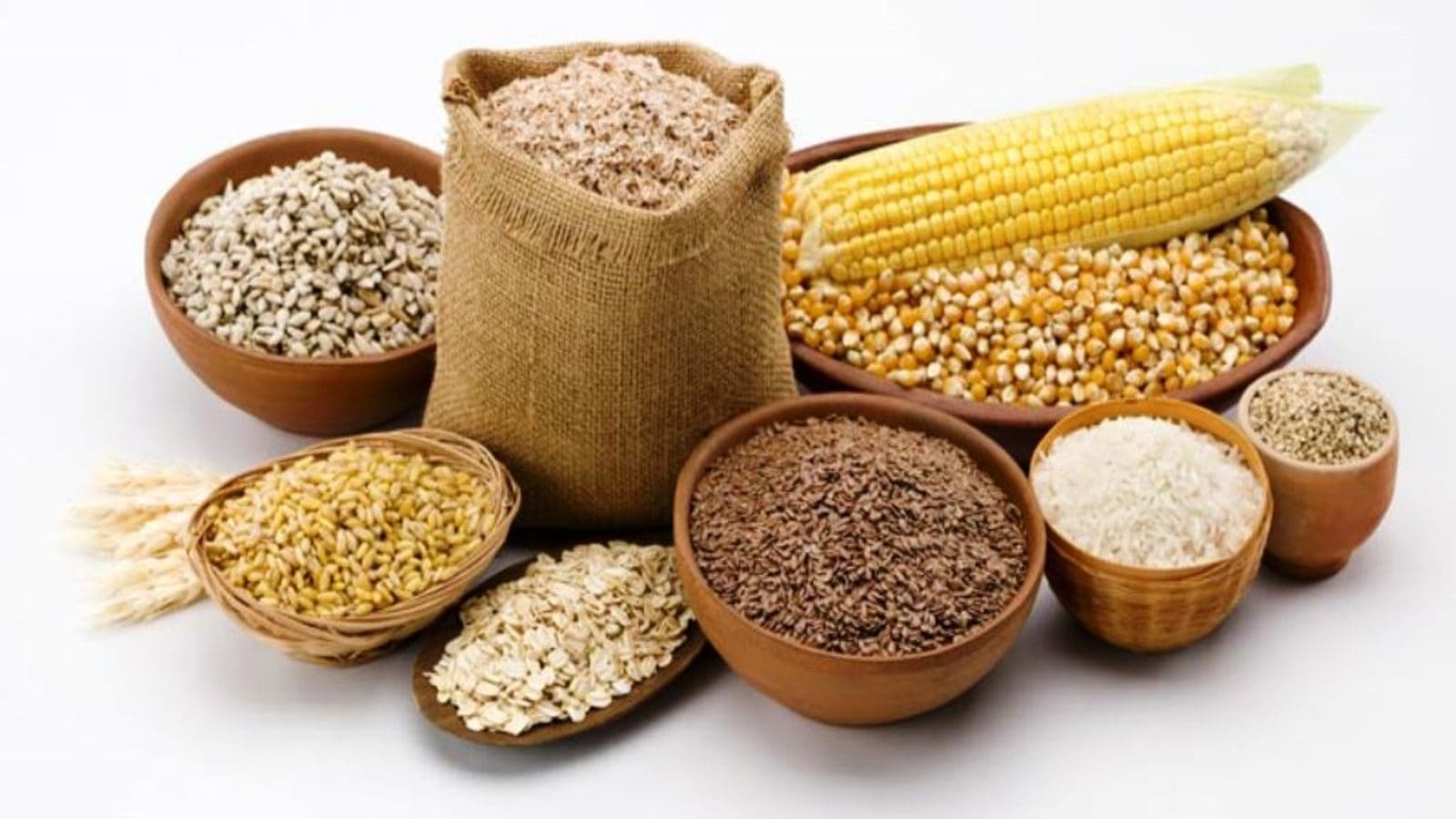TURKEY – The Turkish government has imposed a 130% import tariff on some grain imports, including wheat and corn, according to a presidential decision published in the Official Gazette as Reuters reported.
This tariff is over 6 times higher than it was half a decade ago at 19.9% for wheat.
Moreover, there was no import tax on wheat, barley, rye, oat, corn, and sorghum until April 30. According to Reuters, Turkey reduced import duties on grains and other agricultural goods after the pandemic in late 2020 and stopped them about a year ago.
The decision to increase import tariffs so drastically comes as some EU countries announced bans on Ukraine grain imports following protests from farmers over low local grain prices.
However, traders believe the move is mostly to protect the local agricultural sector ahead of May 14 elections, featuring a tight race expected between President Recep Erdogan’s AKP party and the opposition candidate Kemal Kiliçdaroglu.
Turkey is among the top 50 largest wheat exporters globally, with the fastest-growing export markets for Turkish wheat being Iraq, Italy, and Libya.
However, grain imports are essential since domestic production is insufficient to ensure its status as one of the world’s largest wheat flour producers and exporters.
As such, Turkey imports an average of US$2B in wheat, becoming among the 5th largest importers worldwide, mostly from Ukraine, Russia, and Greece.
Almost 70 percent of the wheat Turkey imports is processed and re-exported as flour and pasta.
However, this decision to increase the import tariffs for grains is bound to reduce wheat importation, with wheat flour producers relying instead on local supplies to meet their processing needs.
This trend will be possible because the wheat area harvested for MY 2023/24 is projected to increase year-to-year by 350,000 hectares (HA) to 7.15 million HA, according to the Global Agricultural Information Network from the Foreign Agricultural Service of the US Department of Agriculture (USDA).
This prediction is based on the expectation that relatively better domestic wheat prices will prompt farmers to plant more wheat instead of cotton and sunflowers.
However, some farmers have stopped growing wheat, citing concerns that the Turkish Grain Board (TMO) market interventions distort domestic prices, create uncertainty, and reduce grower profitability.
Additionally, growers complain that the government’s support payments are insufficient to cover skyrocketing input costs for seed, fertilizer, fuel, and labor.
The government, however, increased the payment amounts for fertilizer and diesel for two years to provide some relief from these higher costs.
For all the latest grains industry news from Africa, the Middle East and the World, subscribe to our weekly NEWSLETTERS, follow us on LinkedIn and subscribe to our YouTube channel.










